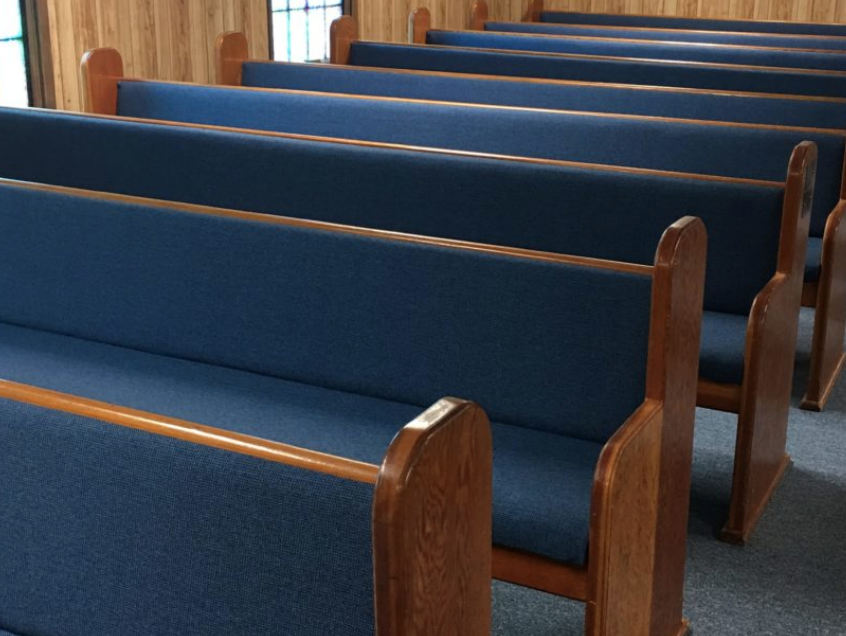Passover Seders include one moment that is especially poignant for grandparents.
Early in this ritual meal they look on as one or more of their grandchildren sing or recite the "Ma Nishtana," the "Four Questions" that frame the lessons Israelites learned from their bondage in Egypt and Exodus to freedom.
The first line echoes from generation to generation: "Why is this night different from all other nights?"
This year, Jews everywhere are wrestling with the fact that -- in a world wracked by the coronavirus -- this Passover is radically different from other Passovers.
"There's no way to replace having Passover with your parents, your grandparents, your friends and loved ones," said Rabbi Yaacov Behrman, founder of the Jewish Future Alliance and director of Operation Survival, a drug abuse prevention program in the Crown Heights neighborhood of Brooklyn.
"A grandmother looks forward to seeing her grandchildren at the Seder. Fathers and mothers look forward to seeing their families around that table. … There's no way to ignore the pain of what is happening this year."
Prayers and symbols describing suffering and liberation are at the heart of Haggadah (Hebrew for "telling") texts that guide the Seder meal and interpret the eight-day Passover season, which began this year at sundown on Wednesday, April 8.
Why is matzo the only bread at Passover? Because the Israelites didn't have time to bake leavened bread as they fled Egypt. Why dip bitter herbs into chopped apples, dates, nuts and wine? Because this paste resembles the clay Hebrew slaves used to make bricks. Why dip parsley into salt water? This represents new life, mixed with tears.
One ritual will have special meaning this year, as the leader of the Seder prays: "Blessed are you, Lord our God, King of the universe, who has sanctified us with His commandments, and commanded us concerning the washing of the hands."










